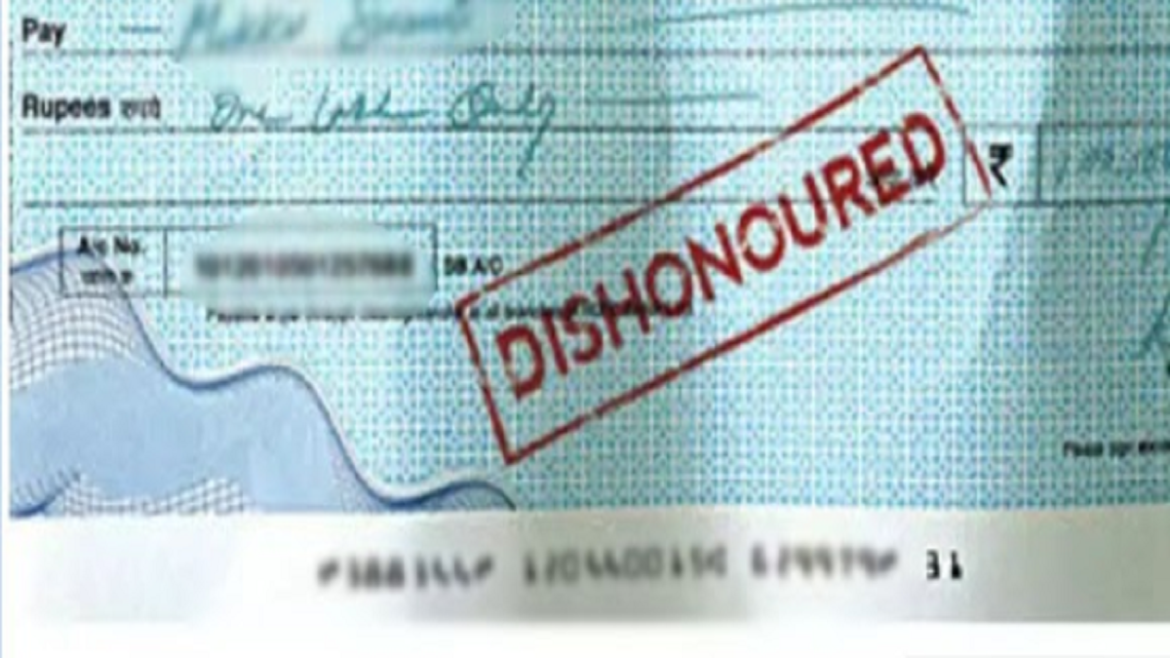INTRODUCTION:
The Negotiable Instruments Act, 1881 is an Act that governs the usage of negotiable instruments used in India and was enacted in order to enforce a uniform system of regulations for the use of negotiable instruments and to eliminate all discrepancies that may arise between the transacting parties in business, trade, commerce, and other industrial activities. The Act has been amended several times to ensure that it is on par with the changing business practices and legal requirements.
WHAT ARE NEGOTIABLE INSTRUMENTS?
Negotiable instruments are made up of two terms mainly negotiable which means ‘transferable’ and instruments that refers to a ‘written document.’ A negotiable instrument is a document with a monetary value that is written, movable, and promises to transfer a specific amount of money to a specified person (the bearer of the document). These ‘instruments’ are used in commercial transactions and monetary dealings. The Negotiable Instruments Act mentions three kinds of negotiable instruments: promissory notes, bills of exchange, and cheques.
- Promissory notes (Section 4)- A “Promissory note” is an instrument in writing containing an unconditional undertaking, signed by the maker, to pay a certain sum of money only to, or to the order of, a certain person, or to the bearer of the instrument.
- Bills of Exchange (Section 5)- A “bill of exchange” is an instrument in writing containing an unconditional order, signed by the maker, directing a certain person to pay a certain sum of money only to, or to the order of, a certain person or to the bearer of the instrument.
- Cheques (Section 6)- A “cheque” is a bill of exchange drawn on a specified banker and not expressed to be payable otherwise than on demand and it includes the electronic image of a truncated cheque and a cheque in the electronic form. The essentials of a cheque are as follows: (i) A cheque must be in writing. (ii) It should be signed by the drawer. (iii) A cheque expresses an order to pay. (iv) It is payable on demand.
SECTION 138:
Chapter XVII (OF PENALTIES IN CASE OF DISHONOUR OF CERTAIN CHEQUES FOR INSUFFICIENCY OF FUNDS IN THE ACCOUNTS) of the Negotiable Instruments Act, 1881 provides for sections 138-142. This section deals with the provisions for punishment for dishonouring a cheque (as defined in section 6 of the Negotiable Instrument Act, 1881). The objective of adding this section was to provide increased creditability in cheque transactions. An offence committed under this provision is a non-cognizable and a bailable offence. This section provides for both imprisonment and fine.
The requirements for the same are as follows: –
- Drawing of Cheque by the drawer for the discharge of a debt or other liability
- The cheque has been presented to the bank within a period of six months from the date on which it is drawn or within the period of its validity, whichever is earlier;
- Cheque must be returned unpaid due to insufficient funds or it exceeds the amount arranged.
- A notice should be served to demand the payment of the said money within thirty days of receiving a memo of return from the bank.
- Drawer of the cheque must fail to make payment within 15 days of receipt of the notice.
Punishment– A person convicted for an offence under Section 138 of the Negotiable Instrument Act, 1881 shall be punished with imprisonment for a term which may extend to 2 years and with a fine which may extend to twice the amount of the cheque, or with both.
JUDICIAL PRONOUNCEMENTS:
Dalmia Cement (Bharat) Ltd. v. Galaxy Traders & Agencies Ltd. AIR 2001 SC 676
In this case, the justification for the enactment of Section 138 of the Negotiable and Instruments Act, 1881, was provided. The case’s facts centre on the cheque being dishonoured, for which a notice was sent to the accused. The complaint term was given to end when the complainant obtained the same by that point. The accused failed to provide the amount a second time, and the same thing happened. According to the court’s ruling based on the evidence presented, Section 138 of the Act was created to prevent any violation of the legal rights of the person whose payment has not yet been made; as a result, if a circumstance arises that makes it impossible for the person to receive payment, the section should continue to operate as intended to uphold the goal of the Act. As a result, in this instance, the court mandated that the respondent be subject to the Act’s provisions.
Canara Bank v. Canara Sales Corpn., (1987) 2 SCC 666
The 1987 case of Canara Bank v. Canara Sales Company provides a foundation for comprehending the bond of equity and duty that binds a banker’s relationship with its clients, especially in the event of either party’s negligence or involvement in fraudulent activity.
The plaintiff’s bank in this case had a current account with the respondent, which was later linked to fraudulent behaviour because of cheques that were cashed but didn’t have the managing director’s initials, the respondents. As a result, forgery also occurred in the mentioned case. The respondents filed a lawsuit to seek damages equal to the amount they had lost.
The Court noted that both the creditor and the debtor were negligent, but that the banker’s negligence outweighed the company’s fault by a larger margin. So, the bank’s simple ignorance cannot be a justification for not using it. The action was ultimately dismissed after the court determined that the firm is entitled to compensation.
SECTION 142:
Section 142 of the Negotiable Instruments Act, 1881 in India deals with the jurisdiction of courts for trying cases related to dishonoured cheques. This section states the following: –
- It states that no Court shall take any notice of any offence which is regarded punishable under the provisions mentioned in Section 138 of the Negotiable Instruments Act, 1881 unless in a complaint which is in writing made by the holder of the cheque.
- It states that any such complaint which is made within 30 days of the date on which the cause of such action arises under the provisions contained in Section 138 of the Negotiable Instruments Act, 1881.
- It further states that no Court which is inferior to the Metropolitan Magistrate or a Judicial Magistrate of the first class shall try any offence which is punishable under the provisions laid down in Section 138 of the Negotiable Instruments Act, 1881.
CONCLUSION :
Because of the development and growth in the domains of banking, commerce, and several other commercial sectors, the Negotiable Instruments Act, 1881, deals with all the provisions of the negotiable instruments that are essential to the current world of commercial transactions. Each drawee and drawer has obligations, rights, and liabilities under this Act. Businesses, tradespeople, and many other industries now have certainty thanks to this Act.
This article is written by Thanmaya Reddy. Thanmaya is a 1st year law student from Christ (Deemed to be University)
If you are also a law student or professional and want to contribute to the website, you may send your submission at nyayconnection@gmail.com.




